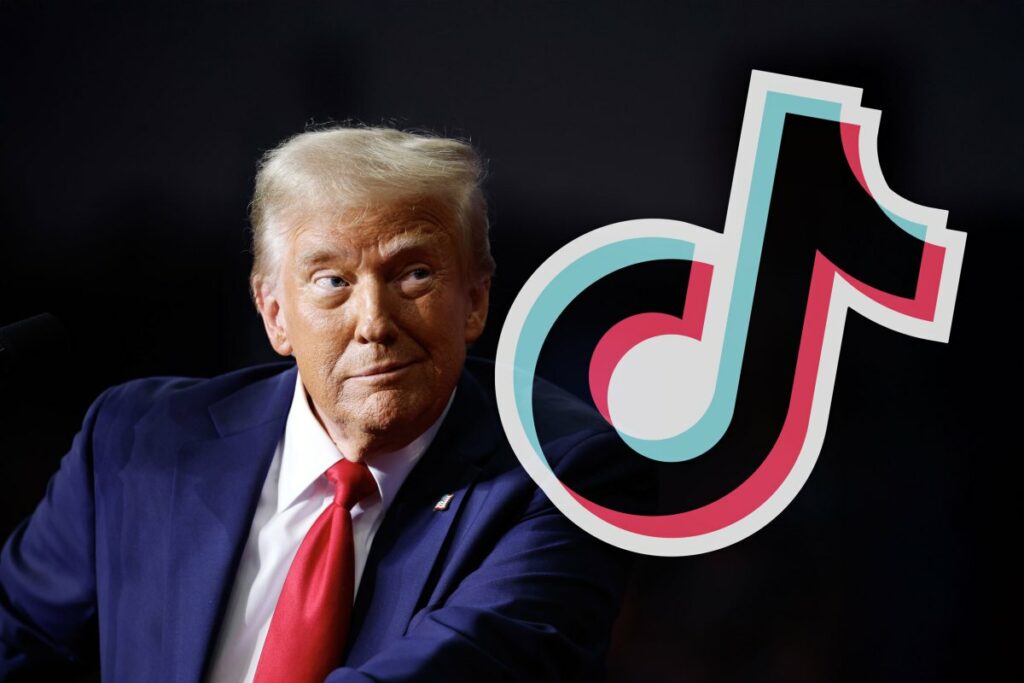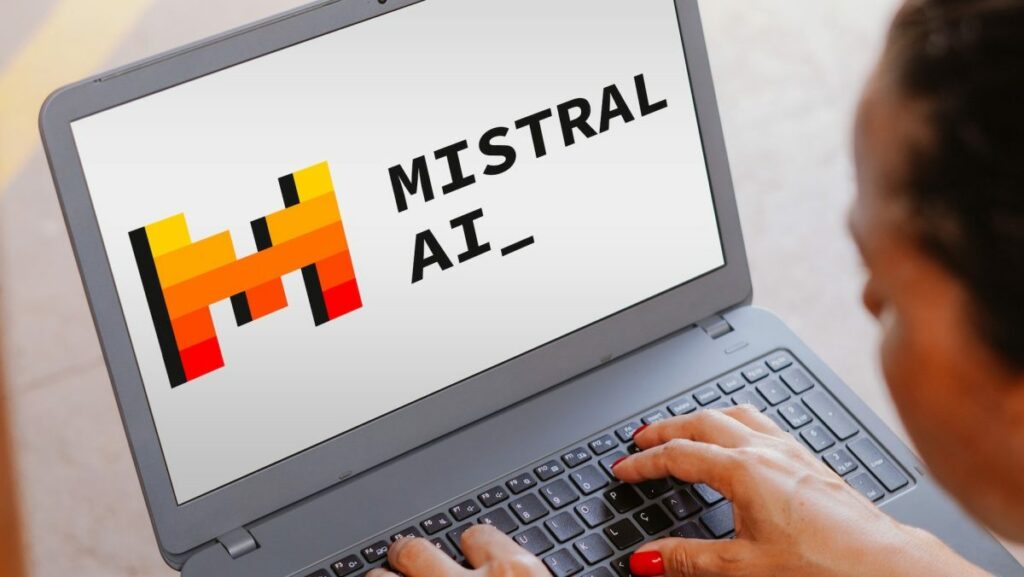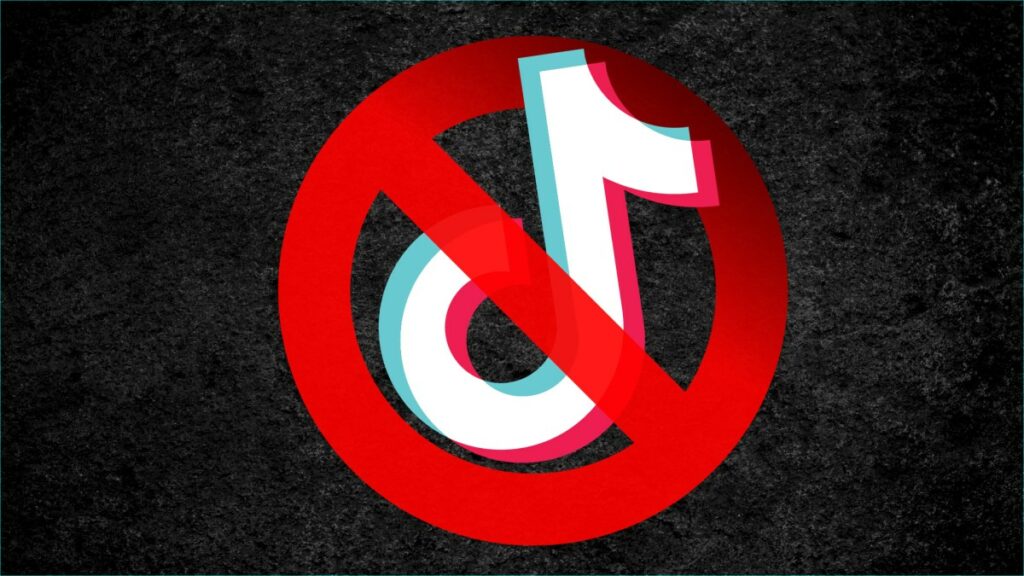Though president-elect Donald Trump has been expected to stop the looming ban on TikTok, his political appointments suggest otherwise.
Trump announced on Sunday that he selected Brendan Carr to chair the Federal Communications Commission (FCC), which regulates the internet, news media, and other forms of communication. Carr, whom Trump appointed to the FCC in 2017, authored the Heritage Foundation’s Project 2025 chapter on the commission, where he outlines an agenda that is sometimes at odds with the president-elect’s promises.
“TikTok poses a serious and unacceptable risk to America’s national security,” Carr wrote in Project 2025. “It also provides Beijing with an opportunity to run a foreign influence campaign by determining the news and information that the app feeds to millions of Americans.”
While there has not been public evidence of the Chinese government accessing American TikTok users’ data, there has been proof that ByteDance, TikTok’s Chinese parent company, has accessed TikTok user data.
Trump’s current positioning to reverse the TikTok ban is surprising, given that he signed an executive order to essentially ban the app in 2020, at the end of his first term. But after Joe Biden took office, Trump’s executive order became moot. Still, the government under Biden ended up arriving at a similar conclusion, the president signed a bill that would force TikTok’s parent company ByteDance to sell the app, although the Chinese conglomerate is unlikely to comply.
“Without TikTok, you can make Facebook bigger, and I consider Facebook to be an enemy of the people,” Trump told CNBC in March. He shared this sentiment on Truth Social as well, where he claimed that Mark Zuckerberg’s company is “a true enemy of the people.”
In his statement on Carr’s appointment, Trump does not address their apparent differences.
“Commissioner Carr is a warrior for free speech and has fought against regulatory lawfare that has stifled Americans’ freedoms, and held back our economy,” Trump wrote.
Carr’s concern about Chinese influence extends to the sale of Chinese communications equipment, like cellphones. As it stands, Chinese hardware company Huawei cannot sell gear in the U.S. without FCC approval, and Carr thinks that the FCC should be more vigilant about assessing products from Chinese manufacturers. He even wants to invest an extra $3 billion into the “rip and replace” program that reimburses communications providers for replacing gear from Huawei and ZTE, another Chinese company making telecom equipment.
While Carr has taken a largely deregulatory approach to the FCC, he is adamant about imposing increased restrictions on tech companies.
“We must dismantle the censorship cartel and restore free speech rights for everyday Americans,” Carr wrote on X. Fellow Trump appointee Elon Musk replied, “Based.”
This position extends to Section 230, a part of the Communications Decency Act that, among other things, protects providers of online services — like social media networks — from being held liable for the user-generated content they host. So, if someone posts something unlawful on a social media app, the user is responsible for potential repercussions, not the app. Section 230 also allows online organizations to remove and moderate material posted by third parties.
Organizations like the Electronic Frontier Foundation argue that overturning this bipartisan legislation, which has existed for over 25 years, could be a threat to free speech on the internet.
“Without Section 230’s protections, many online intermediaries would intensively filter and censor user speech, while others may simply not host user content at all,” the EFF wrote. “This reinforces the First Amendment’s protections for publishers to decide what content they will distribute.”
But Carr is pushing for Section 230 reform on the grounds that it allows social media platforms to “drive diverse political viewpoints from the digital town square.” He believes that the FCC should work with Congress to make sure that “internet companies no longer have carte blanche to censor protected speech while maintaining their Section 230 protections.”
Section 230 has faced legal challenges at the Supreme Court level, but has not yet been subject to major reforms. Last year, the Supreme Court ruled in favor of Twitter and Google in two adjacent cases that sought to hold the platforms accountable for hosting content from the Islamic State that promoted the terrorist organization in connection to violent attacks.
The same Supreme Court that presided over those cases will remain in control for the foreseeable future, and it’s possible that they could hear more challenges to the internet law in the coming years.


